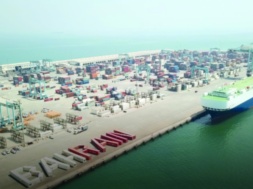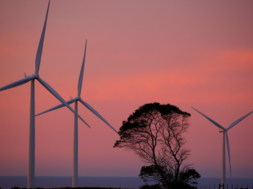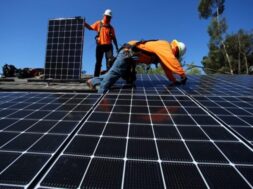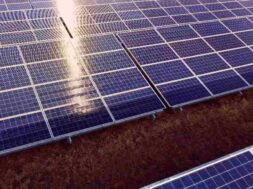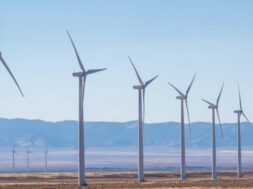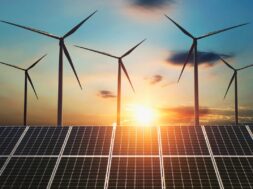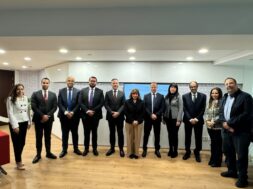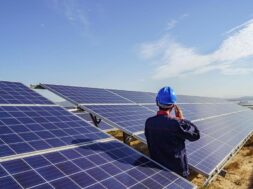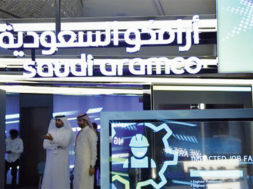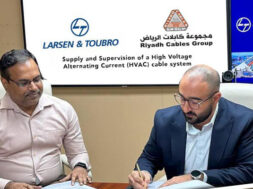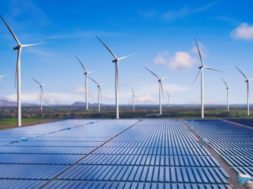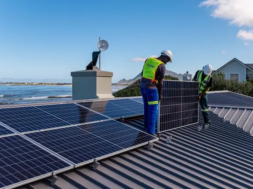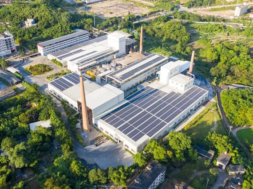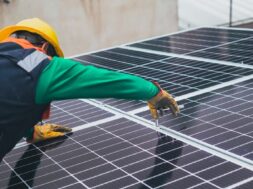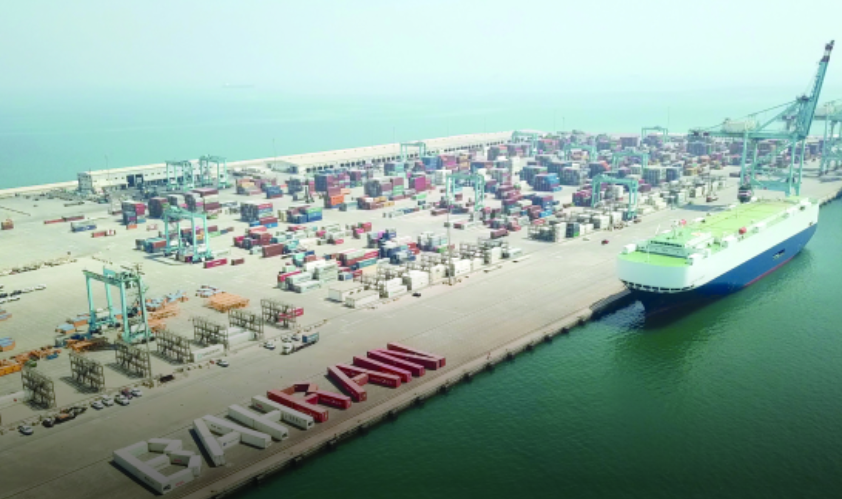
Bahrain’s biggest solar plant is set to go onstream
Bahrain’s biggest solar plant is set to go onstream by the end of the year, making Khalifa Bin Salman Port (KBSP) the region’s first energy self-sufficient terminal.
Costing approximately BD3.8 million ($10m), the plant will have a capacity of 18.5 gigawatts of electricity per year.
It will be powered by 20,000 solar photovoltaic panels, which will be installed on the roofs of four warehouses at KBSP, covering a total area of over 71,000sqm.
Revealing details of the project during a Press conference at the offices of APM Terminals Bahrain, the port operator, officials said the plant would help to reduce KBSP’s carbon emissions by 65 per cent.
“We are very excited to take the first major step in our decarbonisation plans, which will make Khalifa Bin Salman Port the region’s first seaport to be fully powered by renewable energy,” said Farooq Zuberi, chief finance officer and interim managing director at APM Terminals Bahrain.
“This renewable energy source will produce clean and sustainable energy for powering various port operations, including container handling, crane operations, and lighting, setting an example for the entire maritime industry.
“Our decarbonisation strategy for the port is in line with the vision of His Majesty King Hamad and the carbon-neutral commitment of His Royal Highness Prince Salman bin Hamad Al Khalifa, Crown Prince and Prime Minister, to reduce the kingdom’s emissions by 30 per cent by 2035 and achieve net zero by 2060.”
According to Bharat Mehta, the company’s solar project lead, the project will be implemented in two parts, with the first one set for completion by the year-end and the second by Q1-2024.
He said the company would announce the contract award by the first week of July, followed by procurement and implementation in the subsequent months.
Using net metering and connecting directly to the Electricity and Water Authority (EWA) grid, the plant would not require batteries to store power, thus savings costs and improving efficiency, Mr Mehta explained, adding that the project was a CSR initiative and would not generate revenue for the company even as it pumps surplus power back into the grid.
Net metering is a billing arrangement that allows customers with solar panels to receive credit for the excess electricity they generate and send back to the grid.
Once a customer’s solar system is installed and connected to the grid, the EWA will install a bi-directional meter. This meter will track the amount of electricity that the customer uses from the grid and the amount of electricity that the customer generates and sends back to the grid.
Also speaking was Ahmed Gamal, head of asset management at APM Terminals Bahrain, who shared that the company would work on switching over to clean energy for its entire operations, including full electrification of heavy equipment and machinery, currently run on diesel, in a phased manner from 2026.
APM Terminals’ global decarbonisation plans, which include Bahrain, aim to reduce greenhouse gas emissions by 70pc by 2030 and achieve net zero by 2040.
